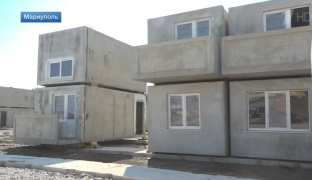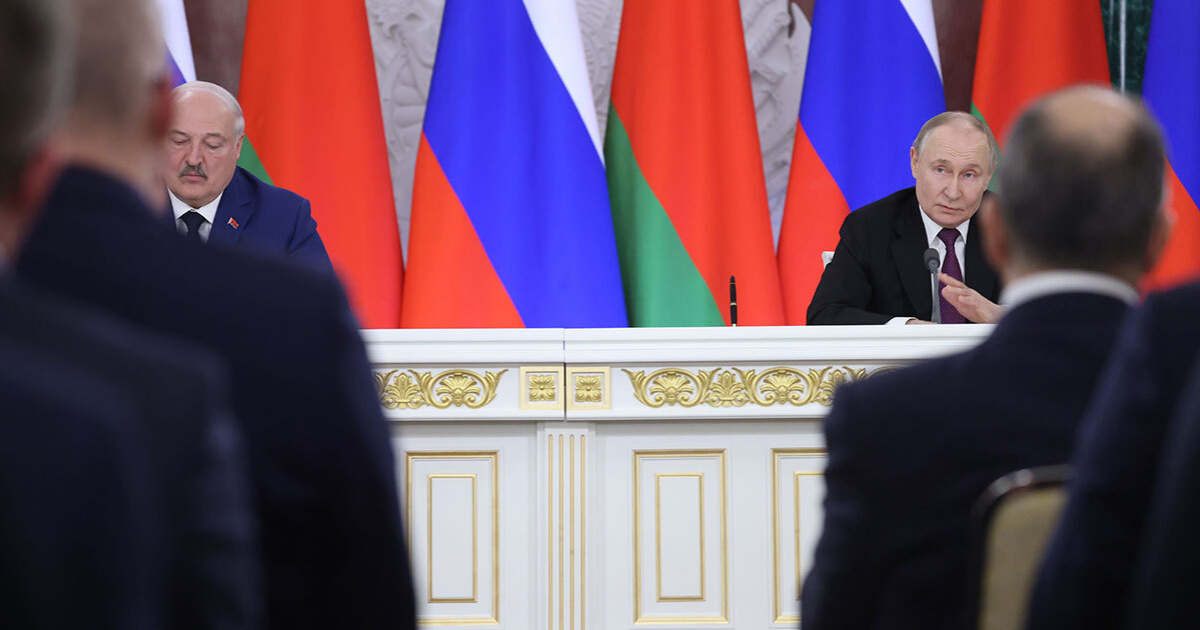
What could be more terrifying than realizing that the greedy bastards who have taken over part of your country and your city might not let you return home? Home, where you were born, where your relatives still reside because they are too old to move elsewhere, and where your ancestors' graves are. And your only home, the thought of which warms your heart a little, reminding you that you're not completely homeless. Even if you might never live there again, at least you could sell it to buy some other place, however modest, on free territory. Because you are tired of wandering from one rented corner to another.
Since October last year, getting home with a Donetsk registration and a Ukrainian passport has been like winning the lottery. You might get lucky, or you might not.
There's only one way, which goes through Sheremetyevo Airport in russia from any country. There, people face so-called filtration.
This process looks like this: upon arrival, everyone is herded into one stuffy room, all mobile devices are confiscated, and they are given forms to fill out. After that, they have to wait from 10 hours to a whole day until they are called for an "interview" by security service workers.
For most, the "interview" feels more like an interrogation. They ask questions not only on political topics but also about "suspicious" contacts in their phone book: who this person is, what they do, what your relationship is with them, when you last communicated, and so on. Deleting contacts before the trip is pointless — they retrieve everything anyway.
Traveling with a new phone is also not an option, because you'll be turned back without question. A gadget without a long usage history raises suspicion among the russian security services. In their view, it means you have something to hide. And, of course, they conclude that you are disloyal to russia's policies.
Some people are banned from entering for six months, while others get a red stamp in their passport. This means you won't be allowed into russia in the near future, and consequently, not into the Ukrainian territories it occupies. As a result, you might never get home again.
The logic of the occupiers can be somewhat understood when they doubt the political views of a young or middle-aged Donetsk resident heading home. For instance, if they have many Facebook friends with a radically negative attitude towards russia or if they like pro-Ukrainian comments. They might think that if this person is allowed into Donetsk, they could start saying questionable things to their neighbors, thus discrediting russian values. But why on earth do they also prevent elderly women, who post nothing but cat postcards and good morning wishes on social media, from passing?
It turns out there's a reason for that too: real estate — apartments, houses, summer houses. All the things that irresistibly pull them back to what they used to call home.
The "liberators" apparently decided to filter out a significant percentage of people who periodically visited Donetsk to check on their apartments and pay utilities. This was to create an impression of occupancy, so the occupiers wouldn't consider the apartment abandoned and seize it. Alternatively, if they've decided to sell, they obtain a russian passport within 10 days (until July 10, there was an accelerated passport issuance program) to handle property documentation as required by the new "authorities". Unfortunately, without a russian passport, it's impossible to carry out any transactions, even to grant power of attorney to a relative who already has a russian passport.
To dispose of their property in Donetsk, many reluctantly obtained the passport of the aggressor country and then destroyed it after completing all necessary paperwork. Those who didn't get a passport by July 10 under the accelerated program still have until mid-September to apply. However, they will have to wait up to three months to receive it.
Those who miss this deadline will have to go through a lengthy process, akin to that of a foreigner. First, they need to obtain a residence permit, which is a complex procedure with no guarantee of success. Then, they can't leave russia for a year or more. Only after three years, if they behave appropriately, will they receive a russian passport.
Since not everyone who left Donetsk can or wants to stay there for such a long period, this process is unrealistic for them. This means they will never be able to sell their apartment or transfer it to a relative. This seems to be the real reason why up to 50% of people born in Donetsk fail the filtration process at Sheremetyevo.
Liusia Molchanova, Donetsk, for OstroV




